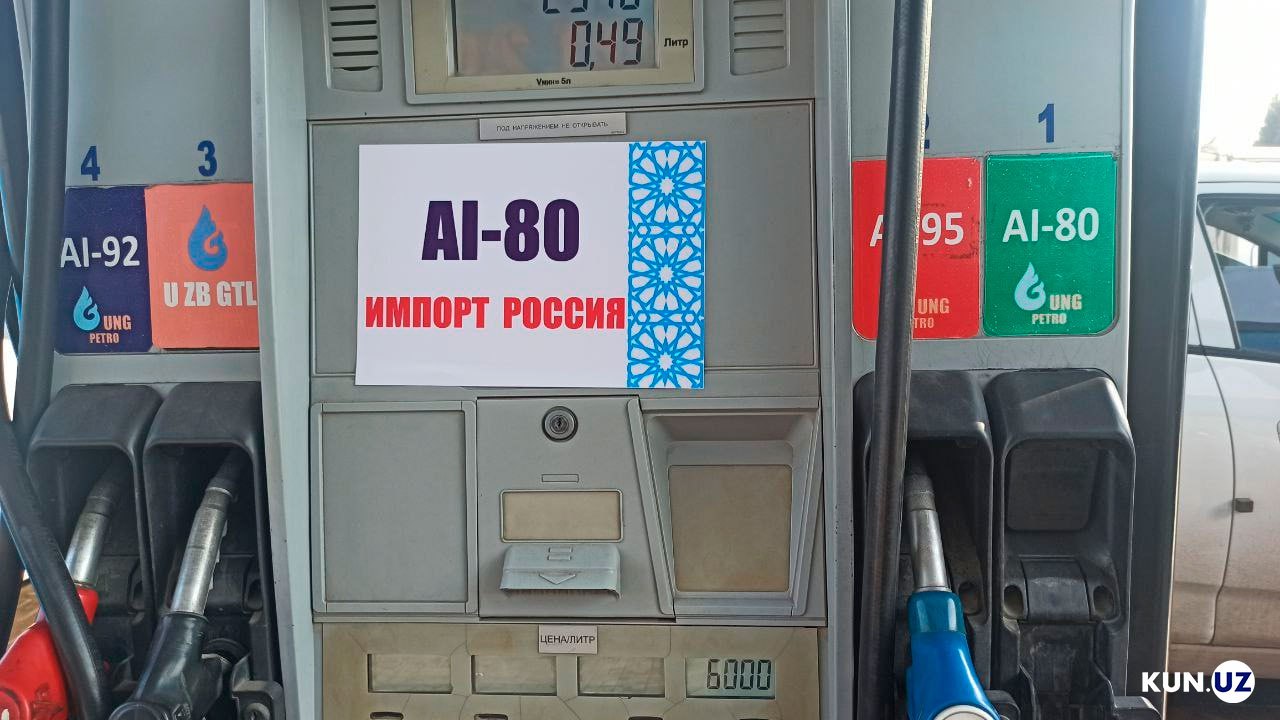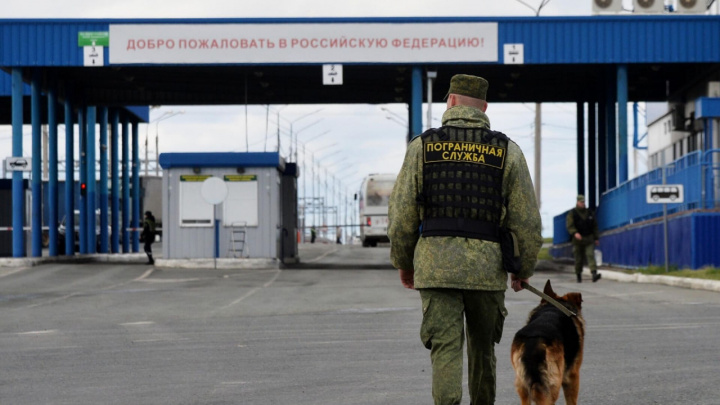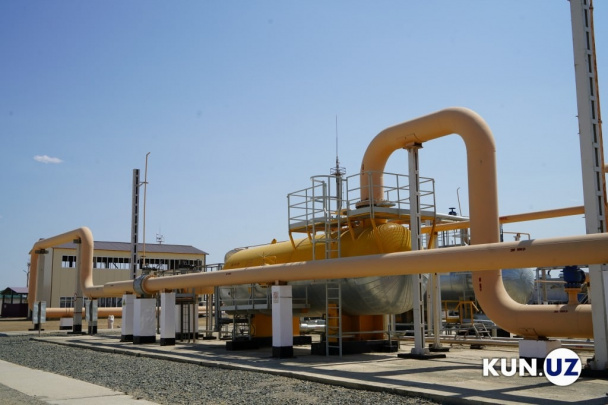Russia’s ban on gasoline exports may have a negative impact on prices in Uzbekistan
The Russian government banned the export of gasoline and diesel under the pretext of stabilizing prices in the domestic market. Supply constraints may put additional pressure on prices in Uzbekistan, which imports large quantities of oil products from Russia.

Photo: Kun.uz
The Russian government has imposed a temporary restriction on the export of gasoline and diesel fuel. This was stated in the decision signed by the Prime Minister of the country Mikhail Mishustin.
The export ban was explained by “stabilizing the situation in the domestic market and reducing prices for consumers”.
The temporary restriction came into effect on September 21, its validity period was not specified in the decision. At the same time, it is specified that the ban also applies to fuel purchased at stock auctions.
The temporary ban does not apply to deliveries in the following cases:
• to EAEU countries (Armenia, Belarus, Kyrgyzstan and Kazakhstan);
• to Abkhazia and South Ossetia;
• within the framework of intergovernmental agreements;
• in order to ensure the activity of Russian troops in the territory of foreign countries.
According to experts, the restriction may cause negative consequences in the form of a decrease in foreign exchange earnings from exports against the background of ruble depreciation. This will cause the most damage to oil refineries that sell products abroad.
How will this affect Uzbekistan?
According to the preliminary data of the Statistics Agency, 892,100 tons of gasoline were produced in Uzbekistan in January-August 2023. This indicator is 23.3% more than the corresponding period of 2022 (768.8 thousand tons).
For information, gasoline in Uzbekistan is mainly produced at oil refineries in Bukhara and Fergana.
According to official statistics, in the first 8 months of 2023, the import of oil and oil products to the republic increased by 48% to 1 billion $98 million, and the export increased by 86.5% to $175.5 million.
Domestic production of gasoline in Uzbekistan does not fully satisfy the demand for AI-80 fuel in particular. This was also confirmed by Uzbekneftegaz. Shortages are felt most acutely on cold days, as motorists switch to buying gasoline due to gas station restrictions. In particular, in December 2022, after the restrictions on the activity of methane branches, the demand for gasoline increased sharply. After that, from December 10, 2022, the excise tax for AI-80 gasoline was applied at a zero rate, and the price increase in the stock exchange was limited. Later, the period of application of tax credits was extended until December 31, 2023.
It should be recalled that in December last year, Uzbekistan agreed with Kazakhstan on the delivery of 300,000 tons of Kazakh oil products and the transit of 300,000 tons of Russian oil to Uzbekistan through the territory of Kazakhstan. By April, it was reported that the Ministry of Energy of Uzbekistan and Gazpromneft reached an agreement on the supply of 300,000 tons of oil during 2023.
The official reports of the Statistics Agency do not provide information about which country and how much gasoline is imported. Gazeta.uz, relying on its available data, wrote that 335.2 million liters of gasoline were imported in January-April, the main part of which (97.7 percent) was purchased from Russia. From this point of view, the export ban in Russia may put additional pressure on the prices in Uzbekistan.
Kun.uz contacted the Uzbekneftegaz information service with a question: How will Russia’s ban on the export of gasoline and diesel affect the domestic market of Uzbekistan? Our question has not been answered for more than a day.
Gasoline is one of the most taxed goods in the country before it reaches consumers. High gasoline prices are harmful to the economy because gasoline price increases do not reduce consumption proportionally and because transportation costs increase, they put pressure on the prices of all goods and services.
Related News

11:53 / 26.05.2025
Court sentences 20-year-old citizen for joining Russian military under contract

16:43 / 24.05.2025
Russia starts banning Kazakh citizens from entry, citing unspecified reasons

16:36 / 23.05.2025
Mass brawl erupts between Chinese and Uzbek workers in Russia; 25 arrested

14:36 / 22.05.2025



